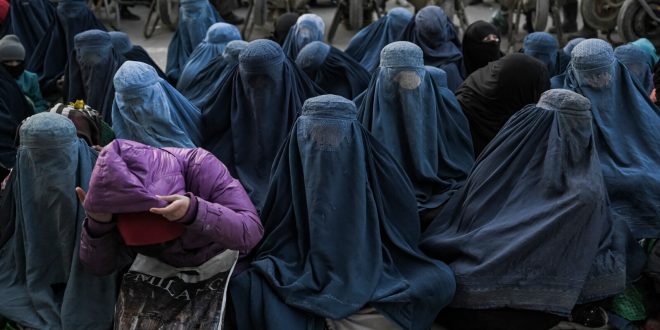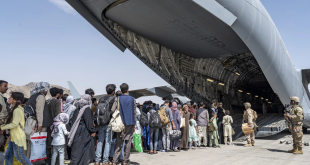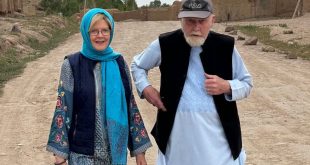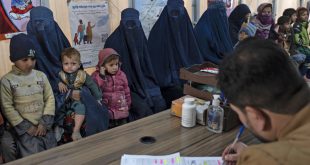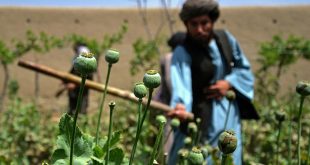AT News
KABUL – Human Rights Watch (HRW) has issued a fervent plea to governments engaged with the Taliban administration, urging them to exert pressure for the swift reversal of the heightened constraints on women and media that have cast a shadow for the past two years. This appeal seeks to cast a spotlight on the dire humanitarian and human rights abuse that has unfurled under the reign of the Taliban government.
“Governments engaged with the Taliban should urgently compel a shift in their trajectory, reinstating the fundamental rights of all Afghans while extending critical support to the Afghan populace,” said HRW’s Afghanistan researcher Fereshta Abbasi.
The New York-based global human rights sentinel expressed deep-seated concerns regarding the Taliban’s course of action since assuming control over Afghanistan. It emphasized a systematic denial of women and girls’ entitlements to education, employment, mobility, and assembly.
Furthermore, the Taliban has wielded its authority to enforce sweeping media censorship, curbing access to information and intensifying the apprehension and detention of journalists and dissenting voices.
Abbasi underscored the immediate need for the Taliban leadership to relinquish their stringent edicts and practices. She emphasized that the global community must hold the regime accountable for the ongoing series of crises besetting the Afghan populace.
Human Rights Watch shed light on the Taliban’s concerted efforts to muzzle freedom of expression through draconian curbs on local media, stifling the flow of international media broadcasts, and systematically constraining access to information across Afghanistan. A pall of fear, wrought by the looming specter of arbitrary arrest and detention, effectively quashes any possibility of disseminating critical information from within the country.
Human Rights Watch underscored that United Nations agencies have designated Afghanistan as one of the most dire humanitarian emergencies worldwide. A staggering 28 million individuals—constituting two-thirds of the population—are ensnared in a desperate struggle for humanitarian aid, with over four million people, predominantly young children under the age of five, grappling with malnutrition.
Highlighting the multifaceted nexus contributing to this dire state, HRW emphasized that alongside the protracted conflict, extreme climatic events, and widespread unemployment, the Taliban’s stringent curbs on women and girls’ rights have substantially exacerbated food insecurity within the nation. The resultant loss of numerous jobs, particularly among women who have been dismissed from employment, coupled with the imposition of restrictions on women’s engagement with humanitarian entities, has exacerbated the challenge.
 Afghanistan Times
Afghanistan Times
